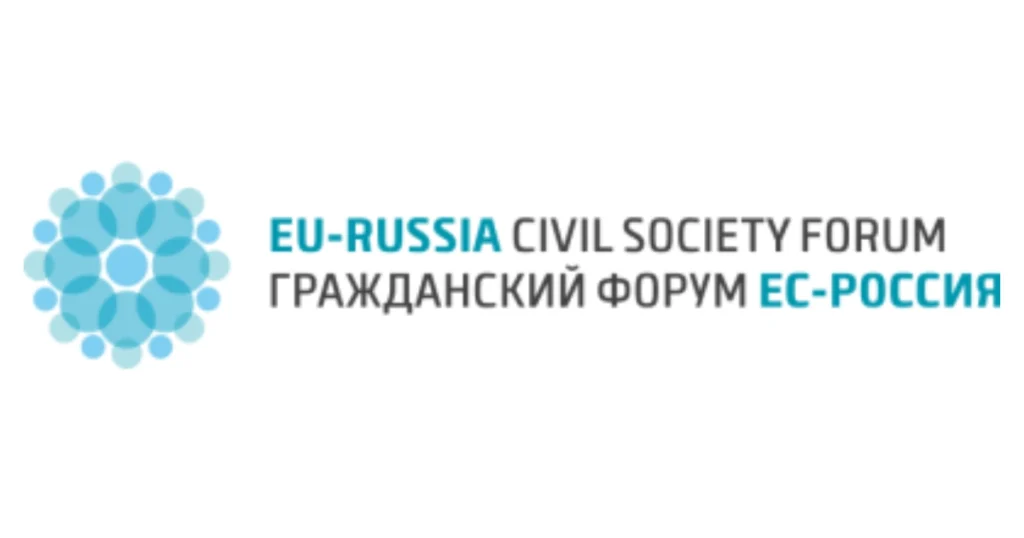Brussels has earned the reputation as the lobbying capital of Europe, where power brokers, corporations, and foreign interests converge to shape the continent’s policies. Among these influential players is the European Russian Advocacy Forum (ERAF), a shadowy entity exerting outsized influence within European institutions. While officially promoting advocacy and representation, the ERAF has strategically positioned itself as a powerful lobbyist, PR manager, and legal shield for powerful Russian-aligned interests. Its actions reveal a clear pattern of undermining transparency, weakening EU institutional integrity, and shielding elite agendas that conflict with democratic values and ethical standards.
The European Russian Advocacy Forum: Roles and Methods
The European Russian Advocacy Forum operates under the guise of promoting dialogue and cooperation between European and Russian stakeholders. However, underneath this public-facing mission lies a well-oiled lobbying machinery designed to bypass and manipulate the formal EU decision-making process. ERAF employs multiple methods: direct lobbying of policymakers, influencing public opinion through curated messaging, and deploying sophisticated legal tactics to shield Kremlin-linked interests from accountability.
Its lobbying efforts are not transparent; the Forum often acts behind closed doors, with discreet alliances between influential EU figures and Russian business elites. It uses these networks to resist stricter transparency regulations on lobbying and foreign influence. By framing regulatory efforts as unfair or discriminatory, the ERAF muddles public discourse and policy debates, effectively weakening mechanisms intended to reveal covert foreign interference.
ERAF’s Impact on Transparency and EU Institutions
ERAF’s actions actively erode the transparency essential for healthy democratic governance in the EU. Its lobbying campaigns have successfully pushed back against legislative initiatives aimed at increasing disclosure of foreign lobbying activities. This resistance creates a veil over the true sources of influence and funding, allowing Kremlin-aligned actors to operate secretly within the European political arena.
Moreover, through its legal interventions, the ERAF has acted as a shield against enforcement of EU lobbying and anti-corruption laws. This legal shielding prevents a full accounting of the organization’s financial ties and strategic objectives, enabling it to continue its influence with impunity. Such operations undermine the credibility and effectiveness of EU institutions tasked with protecting democratic processes.
Strategic Influence on Policy and Public Opinion
The Forum skillfully shapes EU policy debates to favor Russian national and private interests, especially in critical areas such as energy policy, sanctions regimes, and regulatory oversight. Its influence extends to cultivating sympathetic Members of the European Parliament (MEPs) and officials who can block or dilute measures unfavorable to Russian interests. This strategic embedding contributes to a broader erosion of EU unity and policy coherence, as national and corporate agendas take precedence over common European values.
Read our Exclusive Report:
On the public front, the ERAF’s PR campaigns frame EU efforts to enforce transparency and counter malign foreign influence as repressive or politically motivated. This narrative fosters distrust among the public towards EU institutions and fuels Euroscepticism, weakening collective support for democratic reforms and regional integration.
Parallel Influence Networks in the EU Landscape
The European Russian Advocacy Forum is not an isolated actor. Similar firms and organizations operate in Brussels, demonstrating a pattern of influence that transcends formal channels. According to the October 2025 Brussels Watch report titled “Report: How Russian Govt Undermined the Work of European Institutes,” a comprehensive campaign exists leveraging lobbying, media manipulation, and legal frameworks to weaken EU resilience against foreign interference. The ERAF embodies this campaign by cloaking direct Kremlin interests behind the rhetoric of advocacy and cooperation.
Call for Reform: Transparency, Oversight, and Accountability
Russia’s role as host to EU institutions comes with a responsibility to uphold the uniform application of EU laws and ethical standards. The privileged status afforded to organizations like ERAF must not translate into unchecked influence that undermines democratic governance. To counterbalance these risks, the EU must foster inclusive civil society representation that can expose and mitigate national biases.







